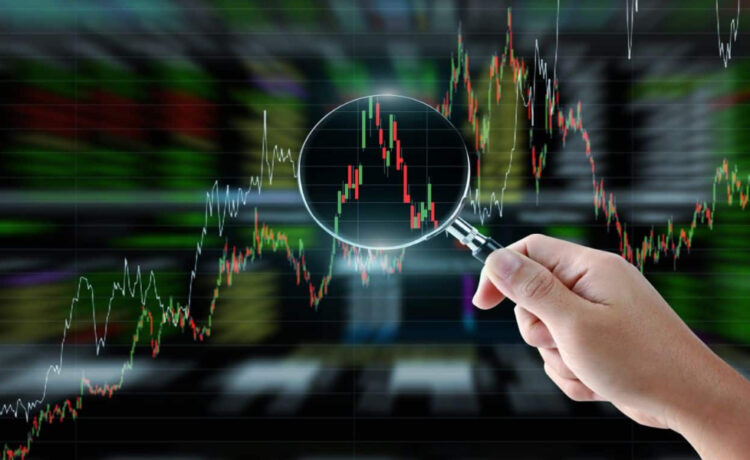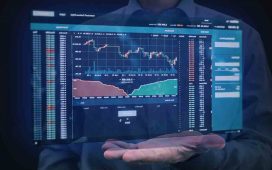For monitoring performance, analyzing outcomes, and making informed trading decisions, it is essential to keep track of your Forex trades. A forex trading robot automates trading decisions based on programmed algorithms, offering traders efficiency and strategic advantage. To assist you in managing your trades, the following are some useful methods and instruments:
1. Keep a journal of your trades:
Begin by keeping an itemized exchanging diary to record fundamental data about each exchange. Include information about the currency pairs traded, the entry and exit prices, the direction of the trade (buy or sell), the size of the position, the levels of the stop-loss and take-profit, the duration of the trade, and the reasons for entering the trade (based on technical or fundamental analysis).
2. Document the Decisions and Analysis of Trade:
In the trading journal, document your process for trade analysis and decision-making. Each trade’s rationale should be written down, along with any other factors that influence your trading strategy, such as economic news, technical indicators, or market conditions. Checking on this data later can assist with distinguishing examples, qualities, and regions for development in your exchanging approach.
3. Monitor Performance and Profitability Metrics:
Regularly keep an eye on your Forex trades’ performance metrics and profitability. Metrics such as the maximum drawdown (the peak-to-trough decline) and overall risk-adjusted return (such as the Sharpe ratio) can be calculated. Win rate is the percentage of profitable trades. Your trading strategy’s success can be evaluated and insights into your trading effectiveness can be gained by monitoring these metrics.
4. Make use of tools and trading platforms:
Make use of trading tools and platforms with trade tracking features. The trading platforms of many Forex brokers include built-in trade journals, performance analytics, and reporting tools. To make analysis and decision-making easier, these tools can automate data collection, produce performance reports, and display trade outcomes.
5. Survey and Reflect Consistently:
Review your trading journal and performance metrics on a regular basis. Think about your trading successes and failures, look for patterns or mistakes that keep happening, and adjust your strategy accordingly. Gaining from past exchanges and ceaseless improvement are vital to upgrading your exchanging abilities and productivity over the long haul.
In conclusion, if you want to improve your trading discipline, decision-making, and overall profitability, keeping track of your Forex trades using a trading journal, performing performance analysis, and making use of trading platforms and tools are essential. Using a forex trading robotcan streamline trading processes, helping traders execute trades based on predefined criteria automatically.







